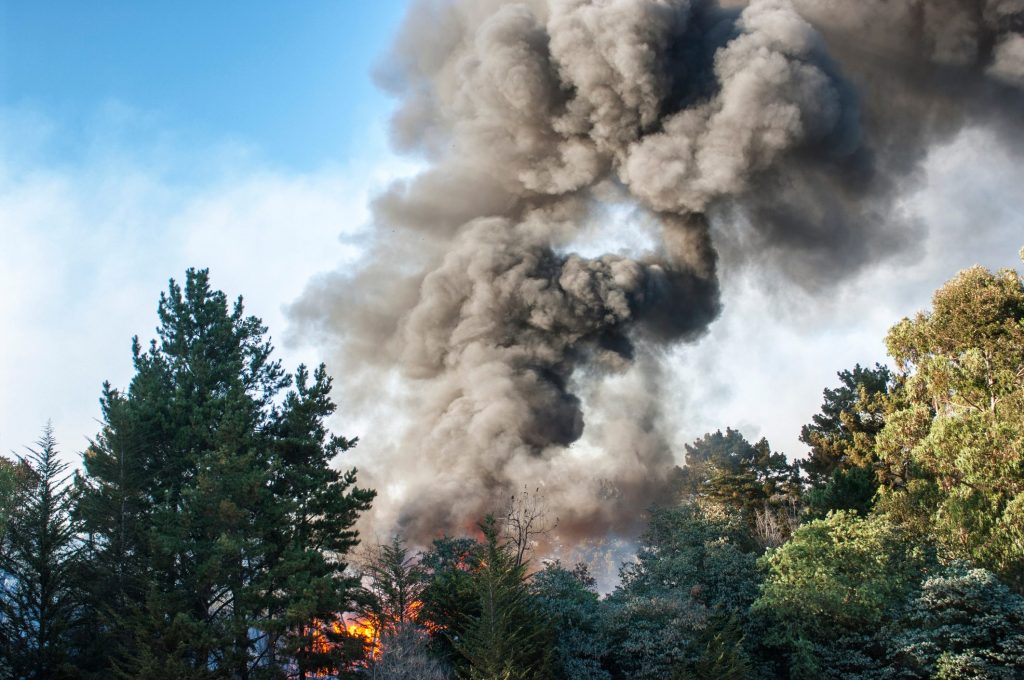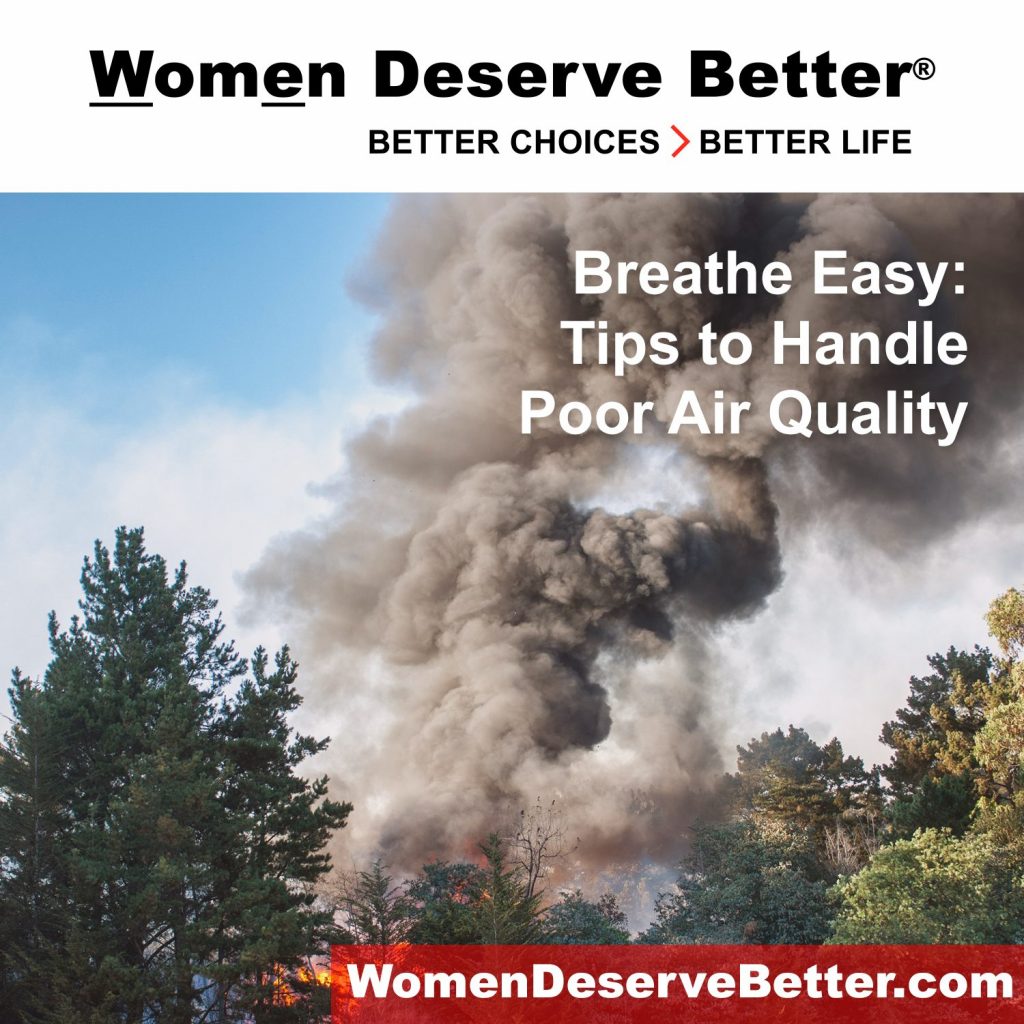
Due to natural disasters and man-made disasters alike, knowing the air quality is as essential as knowing the temperature. There are several ways to protect yourself and other vulnerable people from poor air quality:
- Stay indoors or limit your time outdoors to the morning.
- Avoid busy roads and highways where particulate matter is usually worse because of emissions from cars and trucks
- Telework. If you must go out, limit driving, combine trips, carpool, or use mass transit.
- Refuel vehicles after dusk and limit idling. The exhaust contains particle pollution that makes air quality worse on hot days.
- Avoid mowing lawns with gasoline-powered motors.
- Turn off lights and electronics when not in use.
- Check your air conditioning functioning and clean the filters.
- Need help finding where to go or what resources are in your area? Call 211. The way that the hotline works is very similar to the process of calling 911- the 211 referral center specialists connects callers to their closest resources.
- To check out your local air quality information and set up email alerts, visit https://www.airnow.gov/, a website updated hourly and with explanations of the color code warning system.

Who is most at risk? Certain vulnerable populations should take extra care in any emergency. Remember to check on loved ones, especially:
- Pregnant women
- Children.
- Elderly
- Those with chronic illness
- Pets
When disaster strikes, following these tips and educating yourself can help keep you and your loved ones safe!
By London Gutekunst

